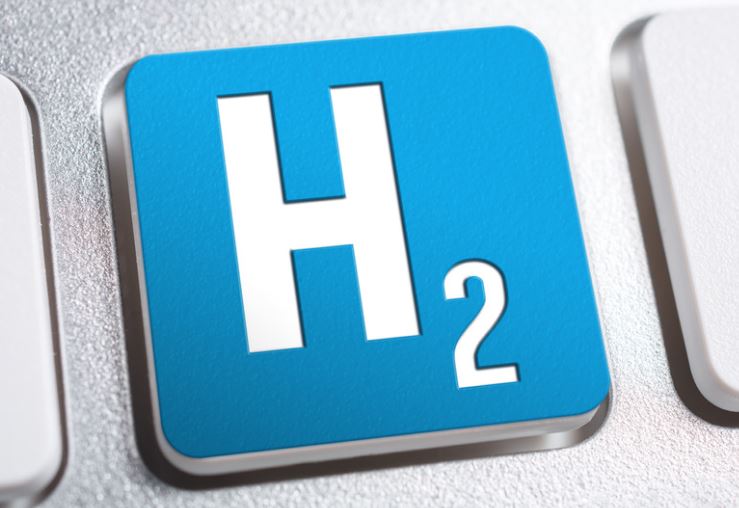In a significant move aimed at shaping the emerging hydrogen market, Japan and the European Union (EU) are collaborating to establish international standards for the hydrogen supply chain.
This initiative, set to be solidified through a joint roadmap for hydrogen usage through 2040, underscores the strategic importance both regions place on hydrogen as a clean energy source.
Japan’s Minister for Economy, Trade, and Industry, Ken Saito, and Kadri Simson, the European Commissioner for Energy, will soon agree to this strategic collaboration. The memorandum of understanding will cover critical areas such as research and development, safety protocols, and price support mechanisms. This alignment is essential as both regions strive to lead in the global transition towards renewable and low-carbon hydrogen markets.
Currently, there are no clear international standards for the hydrogen industry. This gap presents both a challenge and an opportunity. By moving first, Japan and the EU can influence the global market, setting benchmarks for technologies involved in hydrogen production, transportation, and combustion. This early mover advantage is crucial for establishing a level playing field and promoting a consistent regulatory framework worldwide.
The collaboration will focus on several key areas:
- Electrolyzers: Sharing data and technologies for devices that split water into hydrogen and oxygen using electricity.
- Transportation Technologies: Developing standards for loading and transporting liquid hydrogen efficiently and safely.
- Combustion Technology: Enhancing methods to utilize hydrogen in various applications, particularly in fuel cells.
- Hydrogen Purity: Establishing standards for the purity of hydrogen, which is critical for the performance of fuel cell vehicles.
The roadmap will align with broader energy and climate goals. Japan plans to integrate hydrogen into its energy mix by fiscal 2040, reflecting a strategic shift towards cleaner energy sources. Similarly, the EU’s focus on renewable energy and decarbonization efforts makes this collaboration timely and relevant. The agreement aims to create a sustainable and competitive hydrogen market that can cater to both regions’ energy needs.
This collaborative effort between Japan and the EU could set a precedent for global hydrogen standards, influencing other regions to adopt similar frameworks. By leading the charge, Japan and the EU can ensure that hydrogen becomes a viable and internationally traded commodity, driving the global transition to sustainable energy.
